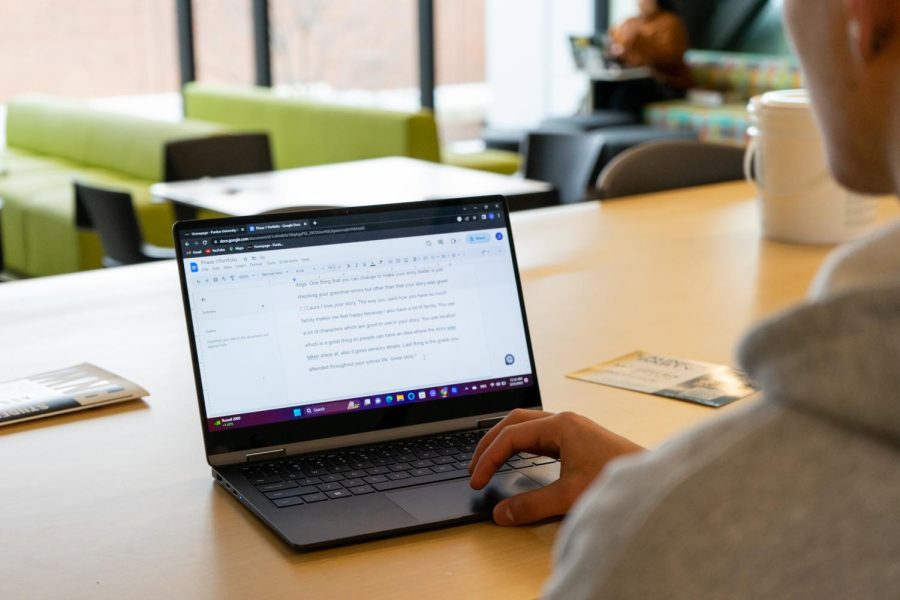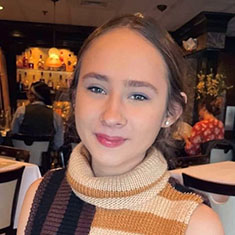ChatGPT makes some faculty uneasy, but school plans no restrictions
Some faculty members worry ChatGPT may transform how students write papers, but PNW has no plans to restrict its use.
Some instructors worry that ChatGPT, a software that mimics human writing, threatens academic integrity, but PNW has taken no steps to guard against its use.
“The institution is not currently monitoring or limiting the use of ChatGPT and I’m not aware of any plans to do so,” said Colin Fewer, dean of Students. “I don’t know that it would be practically possible to limit students’ access to the service, since anyone with a phone can use it.”
ChatGPT, or chat generative pre-trained transformer, is an artificial intelligence chatbot that can produce text for a chatbox or other written content. Introduced in 2022, the AI has attracted a lot of attention for its ability to generate human-like written content.
Some instructors worry students may try to use it to avoid work, but see potential upside.
“It is a threat because it does have the capability to do their work for them in subjects across the university,” said Steffanie Triller Fry, director of the Writing Center. “It could potentially replace learning, but only if students allow it to replace their learning.
“If a student asks ChatGPT to write an essay for them, then they are committing academic dishonesty,” she said. “If the student discusses possible essay topics and sources before writing the essay, they are using ChatGPT as a critical thinking exercise.”
One criticism of ChatGPT has been that its copy, while human-like, often lacks the depth normally required of academic writing.
Still, the Computer Information Technology Department encourages its students to spend time with artificial intelligence like ChatGPT because the systems are being used to process the data more efficiently.
“In society, technology advances and we cannot say no to it,” said Keyuan Jiang, who chairs Computer Information Technology and Graphics. “I talk about ChatGPT in classes, and I’ve told [students] that it is a powerful tool for researching information in addition to utilizing other resources.”
Some students are interested in experimenting with the software.
“I feel like ChatGPT could make us work faster but not better,” said Auzi Mahomood, a first-year Sociology student from Pakistan. “Students can’t reflect their progress made in class if they aren’t actually putting in the work.”
The university promises to monitor students’ use of AI text generators as part of its routine efforts to root out academic dishonesty.
“From an academic integrity point of view, use of ChatGPT would be treated like more conventional cheating, such as a student paying for someone else to write a paper for them,” said Fewer. “The Academic Integrity Policy gives instructors broad latitude to investigate and make a determination that a student has violated the policy.”
An instructor who finds that a student cheated can impose any penalty, including failing the course. The dean of Students can add sanctions, such as a mandatory ethics seminar.
Students have the right to appeal the decision to the Grade Appeals Committee, part of the Faculty Senate.




